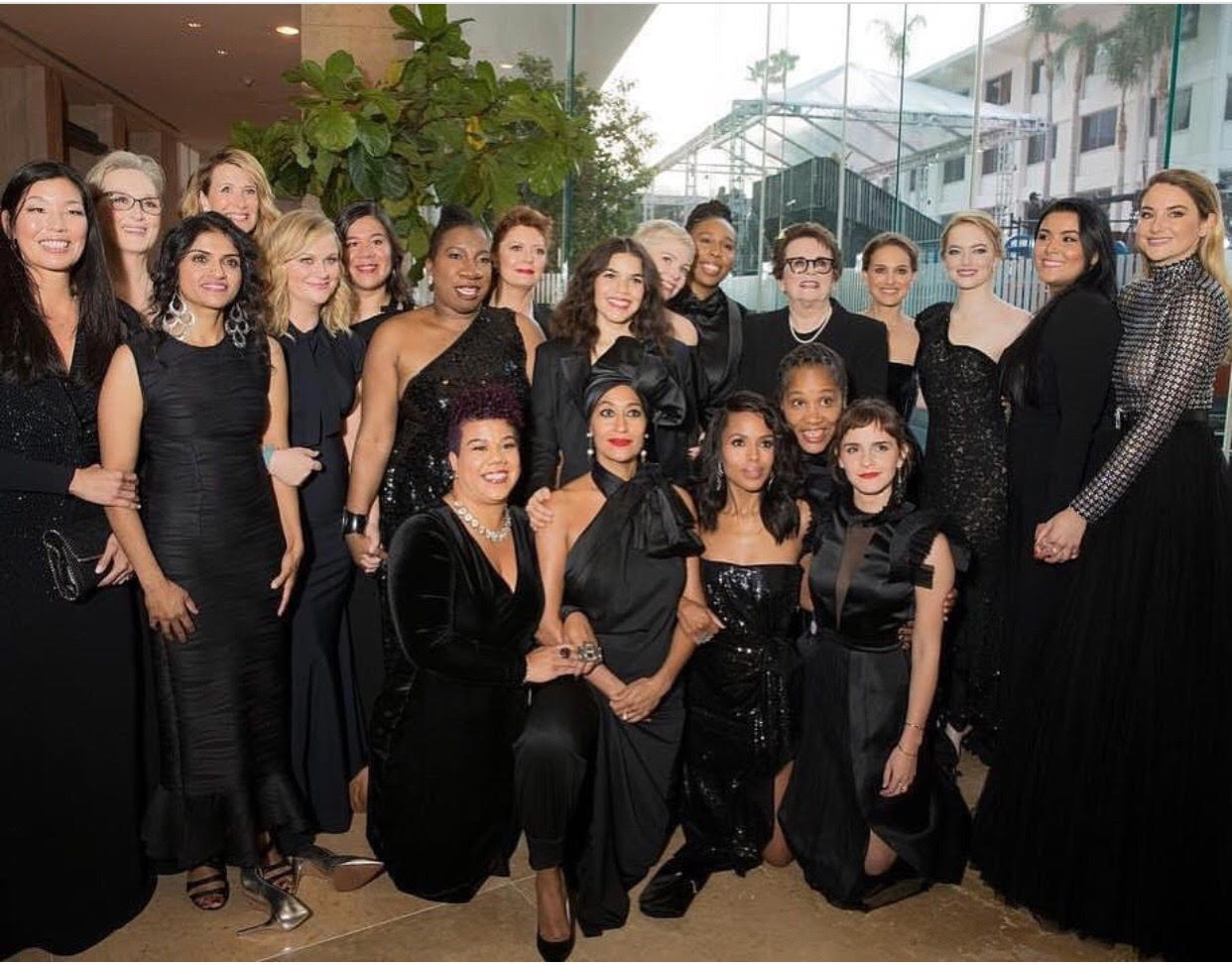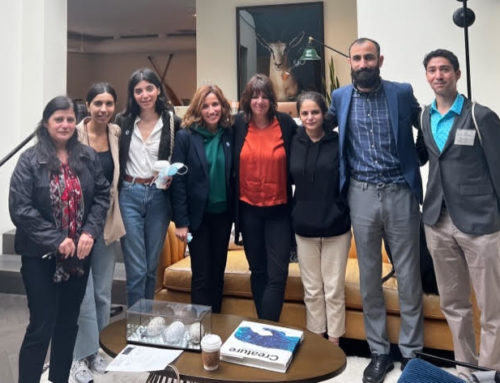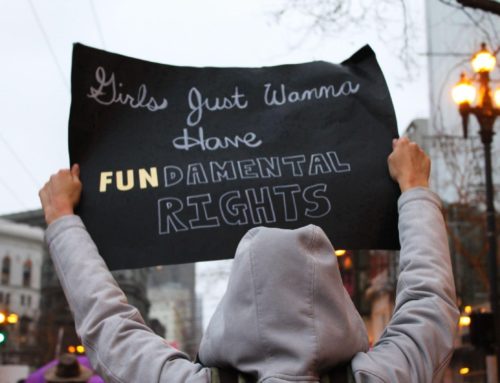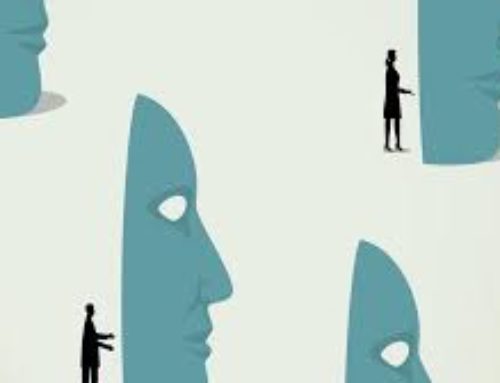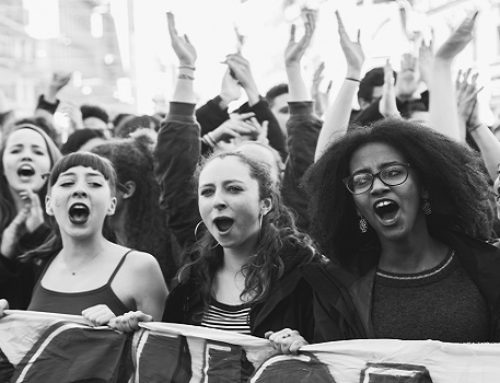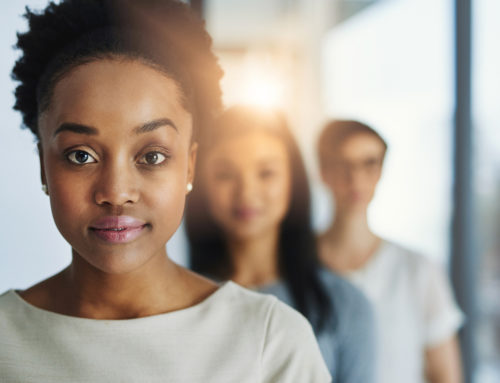Authored by WGLI Staff Writer, Megan Imperial
Amidst all the buzz surrounding the Golden Globes and the “Me Too” campaign, sexual harassment has been at the forefront of activism. In entertainment and Hollywood, many of the predators have finally been brought to justice evidenced by blacklisting. From Harvey Weinstein to Kevin Spacey — these sexual predators are no longer welcome on the big screen. Women for too long have been accused of crying wolf over sexual harassment and assault, but in this movement, we are living in, we witness a shift. However, we still have a long way to go to reach equality, or as Oprah put it, “Live in a world where no woman shall ever say ‘Me too’.”
So, when does allyship, a lifelong process of building relationships based on trust, consistency, and accountability, come into play? It is not enough for women to stand together. Men must also be aware and willing to change their own toxic behavior that stems from a patriarchal culture of mistreating women. Women must use their voices to speak up, but much more than this — men must listen, all the while standing up for women in the face of oppression disguised as a wolf in sheep’s clothing.
The 2018 Golden Globes were inspiring and pivotal because of the acts of public advocacy in tinsel town to draw greater awareness to sexual assault brought upon women from men. But perhaps more importantly, the evening shined a light on the powerful men whose time of flying under the radar with no implications, is up. With the momentum of the #MeToo and #TimesUp campaigns well underway, a bold statement made by everyone that evening was to wear black and showcase unity and solidarity with victims of sexual assault and harassment. Although it was a bold and unique first time the Hollywood Foreign Press was used for this kind of message, it was difficult for many viewers to understand the significance in wearing black, to an event where men, in particular, already wear black across the board, and to understand how this gesture actively pursued allyship.
At the Golden Globes, the men who were given a platform to speak up on the issue did not do so — a telling indicator. The Golden Globes gather an audience of approximately 19 million a year, and with that platform, allies must continue this essential discussion. Men must use their privilege and power to uplift women and other male victims who are trying hard to be heard and/or to be seen. This empowerment and allyship must then translate into every single spectrum of life we live. True allyship comes from recognizing how one’s own behavior perpetuates the power relations of dominance men place over women in the status quo. Silence has always been the worst oppressor and it’s imperative that we continue to fight the misogyny embedded in our daily lives.
Now, the night was not lost as Oprah Winfrey, Natalie Portman, Reese Witherspoon, and many other women used their stage presence as a means to call out inequality within the Hollywood Foreign Press, entertainment, and across numerous other industries around the world. In fact, Oprah Winfrey was the highlight of the night, being the first African-American woman to receive the Cecil B Demille award, which is made to honor those who have made “outstanding contributions to the world of entertainment.” Following her acceptance, Oprah gave a most compelling speech about race, sexism, economic inequality, and the importance of speaking truth to power.
Too many times women are taught to be silent, to feel shame, and not speak their truth for fear of ramifications. And, too many times has society let men who are in positions of power live their lives without consequences. As Oprah said, “the change starts with every woman who chooses to say MeToo and every man who chooses to listen.” This is a two-way street and a grueling battle with a long and winding road. We need more than activism as an accessory, we need compelling voices and listening ears.

